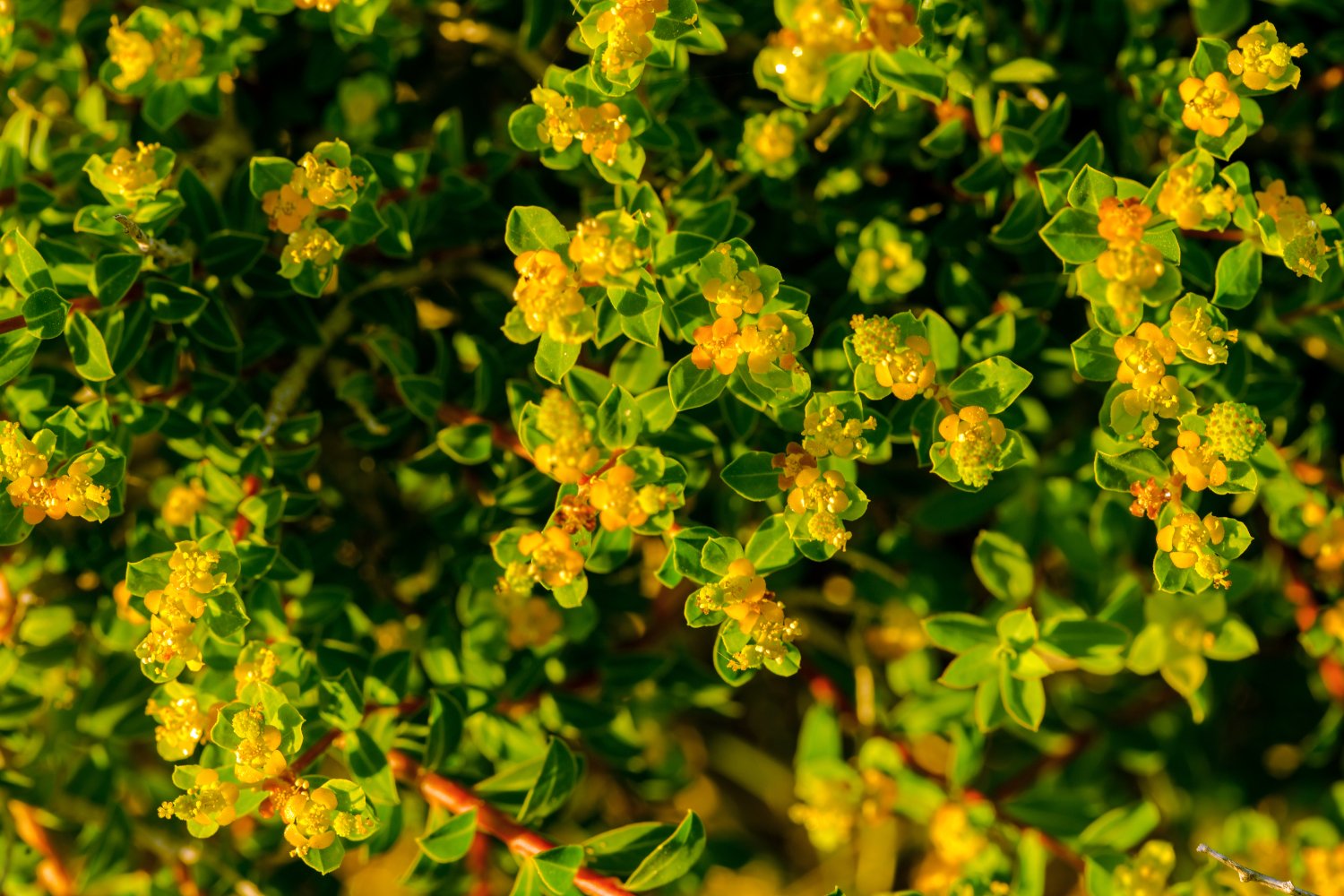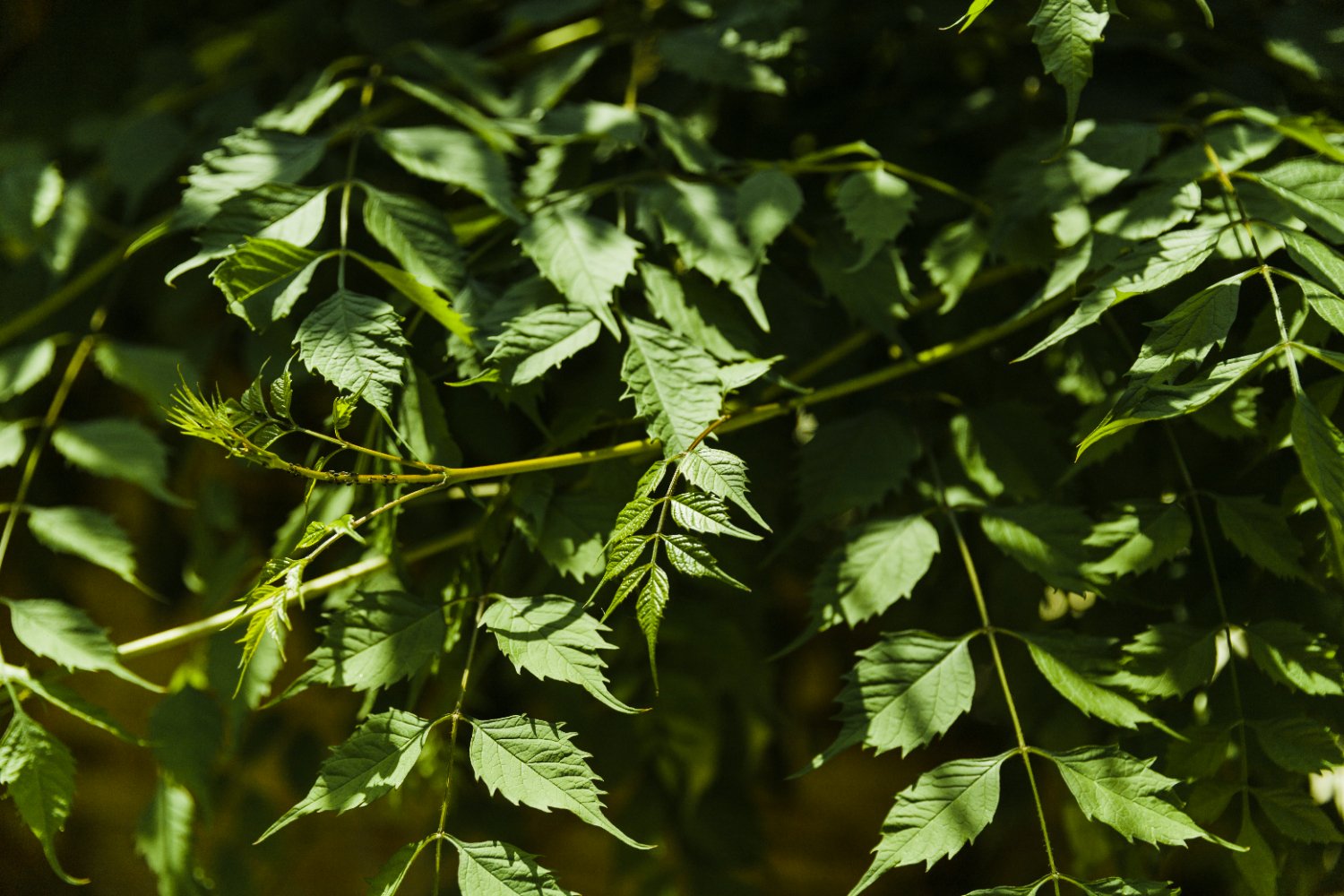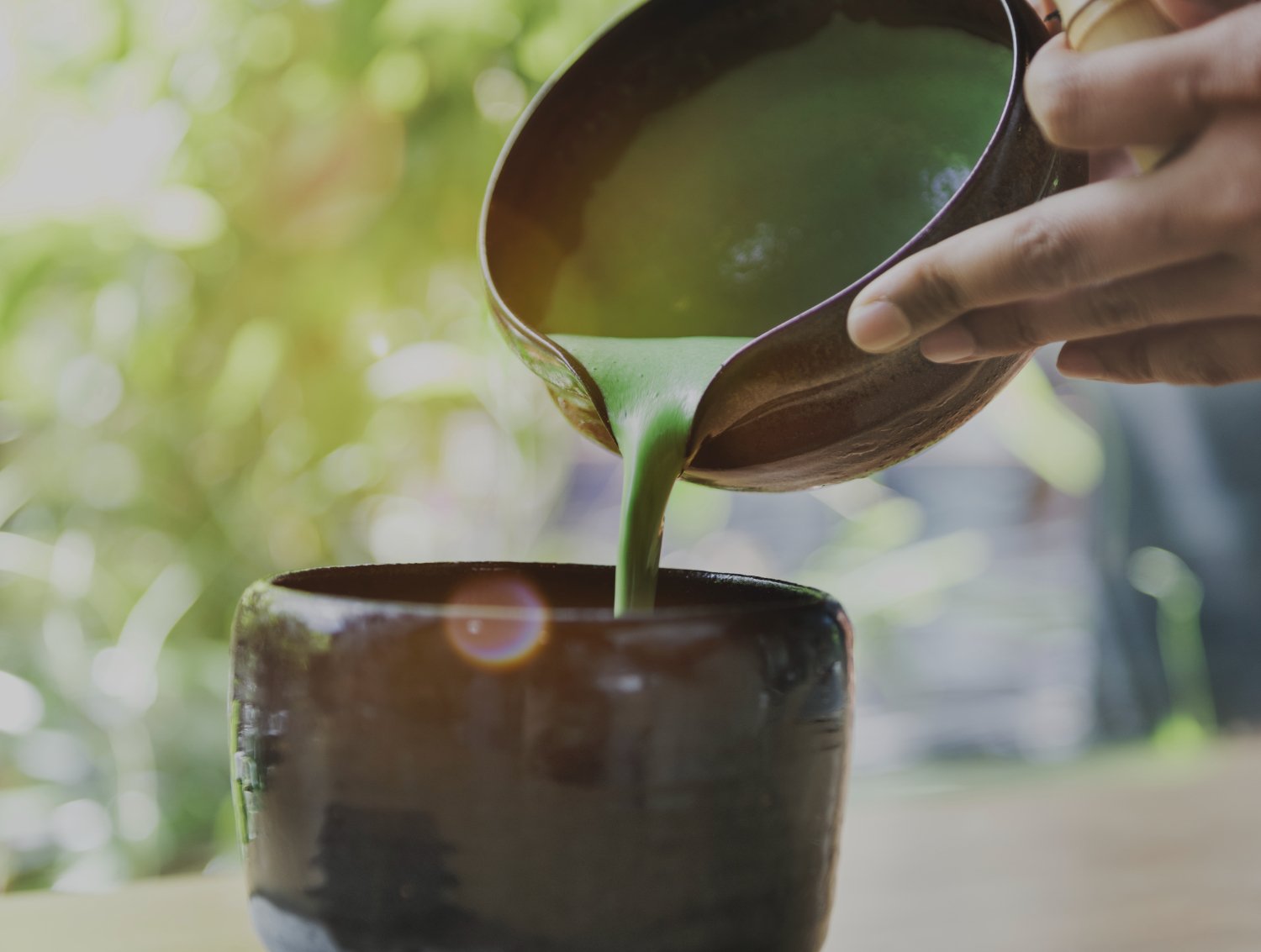Ulongo arbata yra tradicinė kiniška arbata, kuri yra iš dalies oksiduota, todėl pagal skonį ir spalvą yra tarp žaliosios ir juodosios arbatos. Dėl unikalaus skonio ir daugybės sveikatai naudingų savybių, Ulongo arbata dažnai ieškoma dėl to, kad skatina medžiagų apykaitą ir gerina protinį susikaupimą.
Jei ketinate įtraukti Ulongo arbatą į savo kasdienybę, būtina žinoti tiek jos naudą, tiek galimą šalutinį poveikį. Džiaugdamiesi jos privalumais, pavyzdžiui, geresniu virškinimu ir didesniu energijos kiekiu, taip pat svarbu atpažinti galimas problemas, pavyzdžiui, nemigą ar virškinimo diskomfortą, visų pirma dėl joje esančio kofeino kiekio.
Šiame pranešime nagrinėsime, kaip veiksmingai vartoti Ulongo arbatą, kad maksimaliai padidintumėte jos naudą ir sumažintumėte riziką.
Aptarsime būtinas atsargumo priemones, kurių reikia imtis, ir pateiksime patarimų, kaip nustatyti jūsų gyvenimo būdui tinkamą dozę.
Naudojimas ir veiksmingumas
Ulongo arbata gali pagreitinti medžiagų apykaitą, o tai gali padėti reguliuoti svorį. Reguliariai įtraukiant Ulongo arbatą į savo kasdienybę, gali būti lengviau numesti svorio.
Ji taip pat gali padidinti protinį budrumą, nes joje yra nedidelis kofeino kiekis, todėl ji suteikia švelnų energijos pliūpsnį be su kava siejamos nervinės įtampos. Ulongo arbatos gurkšnojimas gali padėti geriau susikaupti darbo ar mokymosi metu.
Ulongo arbata gali pasižymėti antioksidacinėmis savybėmis, kovojančiomis su oksidaciniu stresu, gerinančiomis bendrą sveikatą ir galinčiomis sumažinti lėtinių ligų riziką. Ji gali būti naudingas jūsų mitybos priedas imuninei funkcijai palaikyti.
Be to, ulongo arbata gali pagerinti odos būklę, todėl jos drėkinamasis ir maitinamasis poveikis gali lemti švaresnę veido odą. Ulongo arbatos vartojimas gali pagerinti jūsų bendrą savijautą.
Šalutinis poveikis
Nors ulongo arbata gali turėti įvairios naudos sveikatai, ji taip pat gali turėti galimą šalutinį poveikį.
Jautrumas kofeinui yra dažna problema; jei esate jautrūs kofeinui, geriant ulongo arbatą gali atsirasti nemiga, drebulys ar padažnėti širdies ritmas.
Taip pat gali atsirasti virškinimo diskomforto, kai kuriems žmonėms po arbatos vartojimo gali sutrikti skrandžio veikla, atsirasti pykinimas arba viduriavimas. Jei jaučiate šiuos simptomus, galite sumažinti vartojimą arba rinktis švelnesnę arbatą.
Be to, ulongo arbata gali sąveikauti su tam tikrais vaistais, ypač turinčiais įtakos kraujospūdžiui ar cukraus kiekiui kraujyje. Jei vartojate vaistus, prieš įtraukdami ulongo arbatą į savo kasdienę mitybą, pasitarkite su sveikatos priežiūros specialistu.
Atsargumo priemonės ir įspėjimai
Prieš mėgaudamiesi ulongo arbata, žinokite, kad dėl joje esančio kofeino kiekio gali padažnėti širdies ritmas , padidėti nerimas ar nemiga, ypač jei esate jautrūs stimuliuojančioms medžiagoms. Pasikonsultuokite su sveikatos priežiūros paslaugų teikėju, jei sergate širdies ligomis ar turite nerimo sutrikimų.
Nėščiosios ar krūtimi maitinančios moterys turėtų riboti kofeino vartojimą, nes per didelis jo kiekis gali turėti įtakos kūdikio vystymuisi. Ulongo arbata gali sąveikauti su tam tikrais vaistais, įskaitant kraują skystinančius vaistus, antikoaguliantus ir kai kuriuos antidiabetinius vaistus, todėl, jei vartojate šiuos vaistus, aptarkite arbatos vartojimą su gydytoju.
Asmenys, turintys problemų su inkstais, turėtų būti atsargūs, nes dėl didelio oksalatų kiekio arbatoje jautriems žmonėms gali susidaryti inkstų akmenų.
Jei jums bus atliekama operacija, apsvarstykite galimybę nutraukti ulongo arbatos vartojimą bent prieš dvi savaites, nes joje esantis kofeinas gali trukdyti anestezijai ir atsigavimui.
Vartojant ulongo arbatą visada klausykite savo kūno ir pirmenybę teikite savo sveikatai.
Dozavimas
Jei svarstote galimybę įtraukti Ulongo arbatą į savo kasdienybę, standartinis dozavimas gali būti maždaug 2-3 gramai palaidų lapelių arba vienas arbatos maišelis vienam puodeliui vandens, o norint pajusti jos naudą sveikatai, rekomenduojama kasdien išgerti 2-3 puodelius.
Kofeino kiekis ulongo arbatoje gali skirtis, todėl, jei esate jautrus, galite pradėti nuo vieno puodelio per dieną ir palaipsniui didinti. Jei jaučiate drebulį, nerimą ar virškinimo sutrikimus, gali būti protinga sumažinti suvartojamos arbatos kiekį. Tinkamas paruošimas, t. y. mirkymas apie 3-5 minutes, gali suteikti geriausią skonį ir naudą.
Galiausiai, jei esate nėščia, maitinate kūdikį ar vartojate vaistus, pasikonsultavę su sveikatos priežiūros paslaugų teikėju, galite gauti individualias dozavimo rekomendacijas, pagrįstas jūsų sveikatos poreikiais.
–
Kokios yra skirtingos Ulongo arbatos rūšys?
Yra kelios ulongo arbatos rūšys, kurių kiekviena pasižymi unikaliomis savybėmis.
Tie Guan Yin gali būti žinoma dėl savo gėlių aromato, o Da Hong Pao – dėl sodraus, skrudinto skonio.
Taip pat galite susidurti su Wuyi Rock arbata, pasižyminčia mineralinėmis savybėmis, ir Milk Ulongo arbata, kuri gali būti vertinama dėl kreminės tekstūros.
Kiekviena rūšis gali suteikti skirtingą degustavimo patirtį, todėl galėsite mėgautis įvairialypiu ulongo arbatos pasauliu savo nuožiūra.
Kuo Ulongo arbata skiriasi nuo kitų arbatų?
Ulongo arbata gali būti apdorojama kitaip nei kitos arbatos dėl unikalaus vytimo ir oksidacijos proceso.
Surinkti lapeliai gali būti sudžiovinami saulėje, o tada lengvai sutrinami, kad prasidėtų oksidacija. Šis etapas gali būti labai svarbus, nes jo metu arbata įgauna būdingą skonį.
Ar Ulongo arbata gali padėti numesti svorio?
Taip, ulongo arbata gali padėti numesti svorio.
Yra žinoma, kad ji skatina medžiagų apykaitą ir gerina riebalų oksidaciją, o tai gali padėti numesti svorio.
Reguliarus jo gėrimas taip pat gali padėti sumažinti apetitą.
Tačiau norint pasiekti geriausių rezultatų, svarbu jį derinti su subalansuota mityba ir fiziniais pratimais.
Kokia yra ideali Ulongo arbatos virimo temperatūra?
Ideali ulongo arbatos virimo temperatūra gali būti nuo 185°F iki 205°F (85°C iki 96°C).
Temperatūrą gali tekti koreguoti atsižvelgiant į konkrečią naudojamą ulongo arbatos rūšį. Lengvesniems Ulongo arbatoms gali būti naudinga žemesnė temperatūra, o tamsesnėms rūšims – aukštesnė.
Eksperimentuodami šiame diapazone galite rasti tobulą pusiausvyrą ir sustiprinti skonį bei aromatą, kad išgautumėte puikų puodelį.
Mėgaukitės virimo procesu!
Kaip Ulongo arbata skiriasi nuo žaliosios ir juodosios arbatos?
Dėl dalinės fermentacijos Ulongo arbata, palyginti su žaliąja ir juodąja arbata, gali pasižymėti unikaliu skonio profiliu.
Ji gali subalansuoti žaliojoje arbatoje esančias gaivias ir žolės natas, taip pat ryškias ir tvirtas juodosios arbatos savybes.
Ulongo arbatos oksidacijos lygis gali skirtis, todėl skoniai gali būti įvairūs.
Jei mėgstate tyrinėti skirtingus arbatos skonius ir aromatus, gali būti, kad ulongo arbatos sudėtingumas jums ypač patiks.





